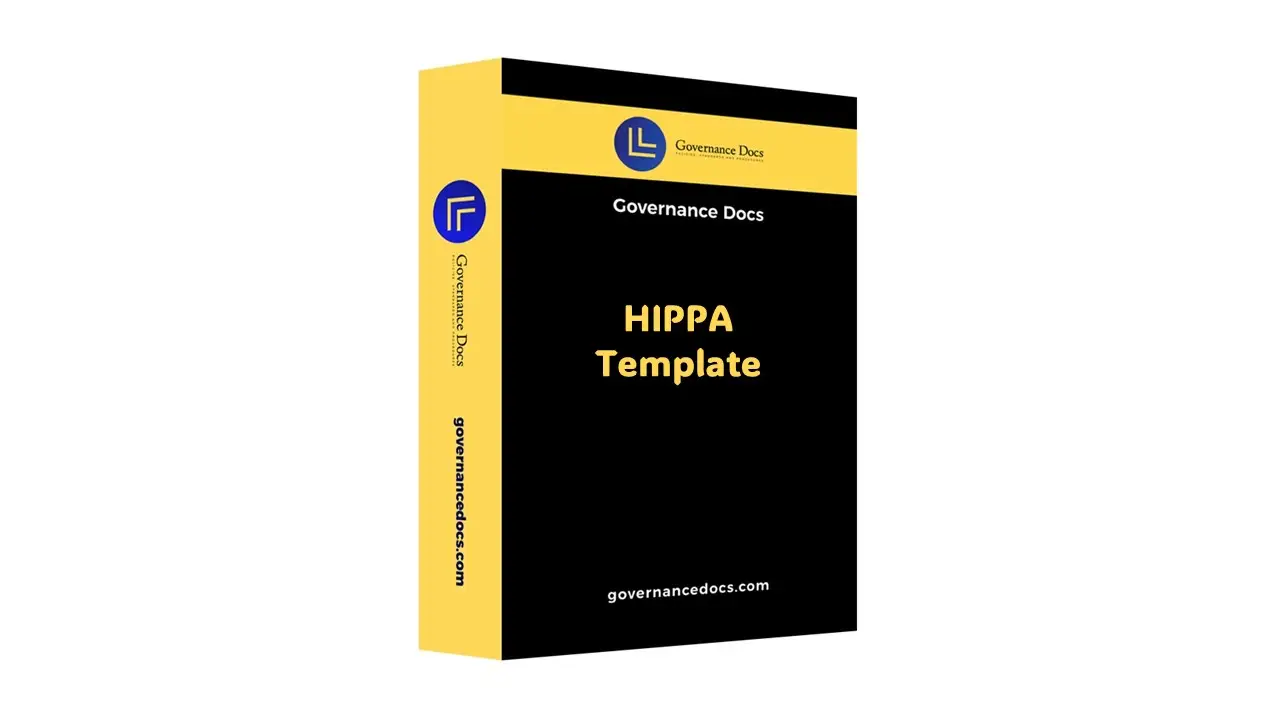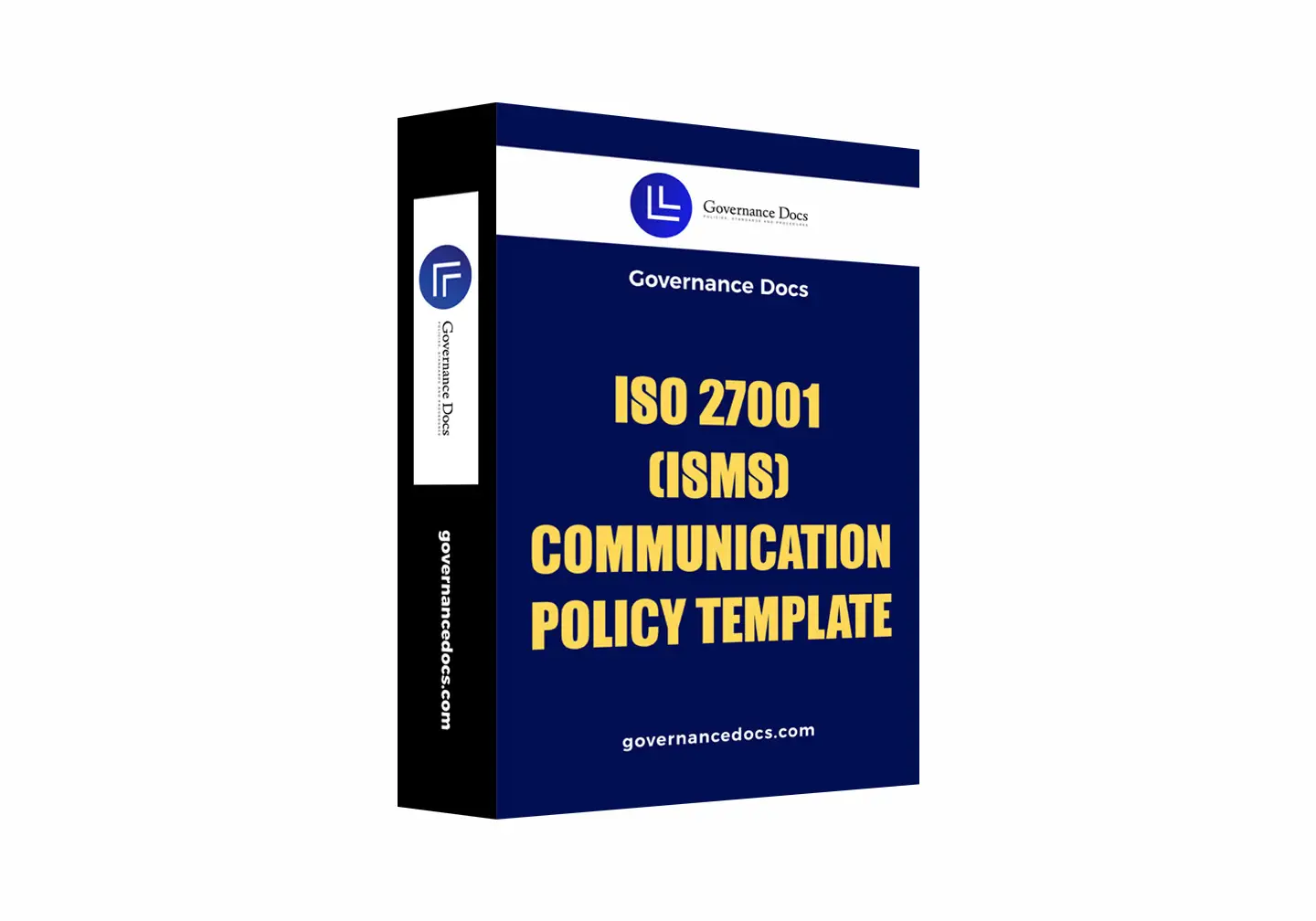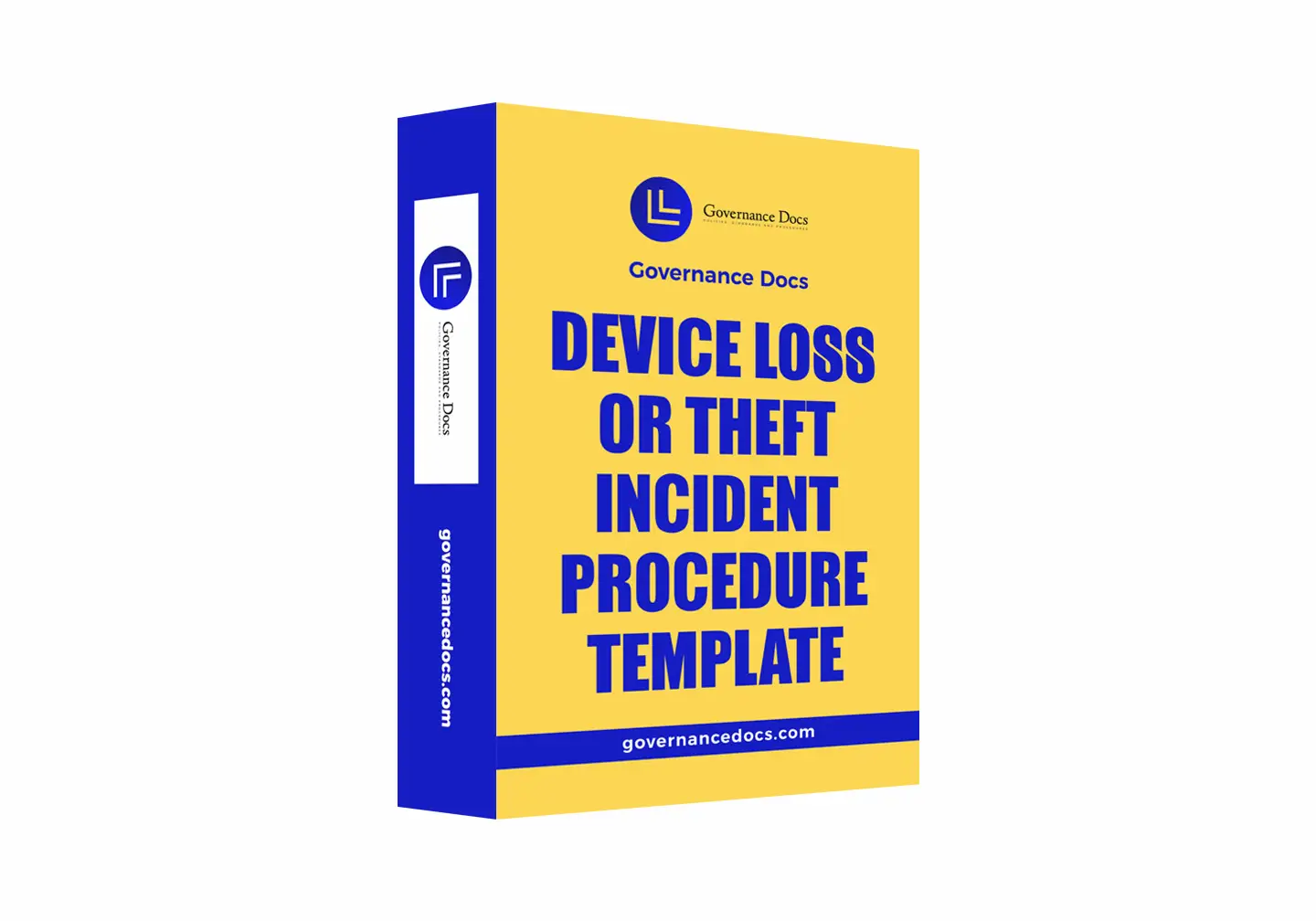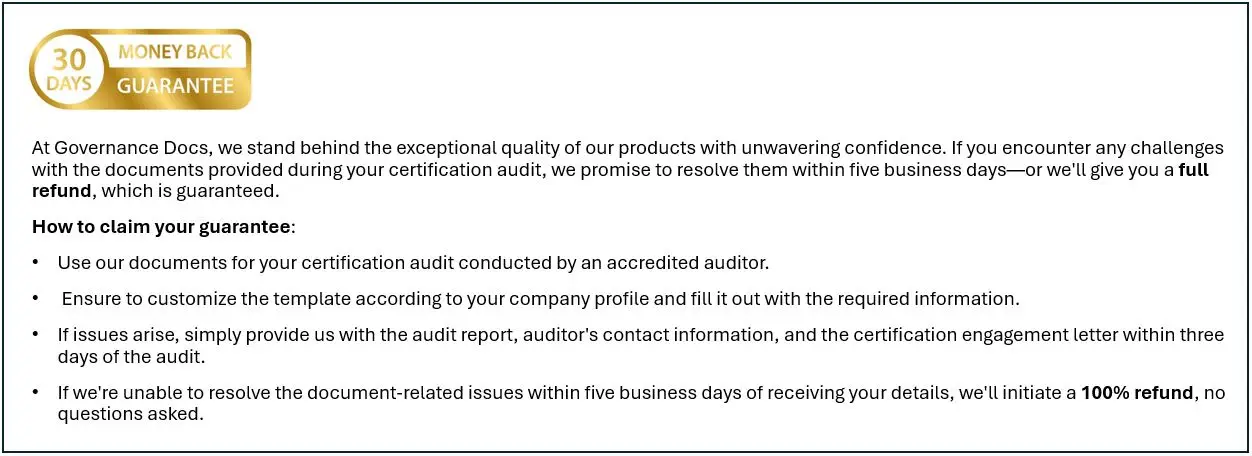Anti-Malware Policy
In the ever-evolving landscape of digital threats, the Anti-Malware Policy emerges as a beacon of security, meticulously crafted to shield Protected Health Information (PHI) systems from the relentless onslaught of malicious software. This policy is not just a document; it is a comprehensive framework designed to fortify the defenses of healthcare organizations, ensuring that sensitive patient data remains uncompromised.
At its core, the Anti-Malware Policy is a strategic blueprint for implementing robust anti-malware protections. It is tailored to meet the stringent requirements of HIPAA, making it an indispensable asset for any entity handling PHI. The policy is categorized under All Products, HIPAA, and Information Security, underscoring its universal applicability and critical role in safeguarding information systems.
Key features of the Anti-Malware Policy include a detailed protocol for the deployment and management of anti-malware software across all PHI systems. It mandates regular updates and patches to ensure that the latest threat intelligence is leveraged to counteract emerging malware threats. The policy also outlines procedures for conducting regular system scans and audits, ensuring that any potential vulnerabilities are swiftly identified and addressed.
The benefits of implementing the Anti-Malware Policy are manifold. By adhering to this policy, organizations can significantly reduce the risk of data breaches and unauthorized access to sensitive information. It fosters a culture of security awareness among employees, equipping them with the knowledge and tools necessary to recognize and respond to potential threats. Moreover, compliance with this policy not only protects patient data but also enhances the organization’s reputation, building trust with patients and stakeholders alike.
The value proposition of the Anti-Malware Policy lies in its ability to provide a comprehensive, scalable solution that can be tailored to the unique needs of any healthcare organization. It offers peace of mind, knowing that PHI systems are fortified against the ever-present threat of malware. By investing in this policy, organizations are not only safeguarding their data but also ensuring compliance with regulatory standards, thereby avoiding costly penalties and legal repercussions.
In conclusion, the Anti-Malware Policy is more than just a set of guidelines; it is a strategic asset that empowers healthcare organizations to navigate the complex landscape of information security with confidence. By implementing this policy, organizations can protect their most valuable asset—patient data—while maintaining compliance with HIPAA regulations and reinforcing their commitment to information security.
All GovernanaceDocs documents are developed based on well-known standards such as NIST CSF, ISO 27001, ISO 22301, PCI-DSS and HIPAA.
Hence, You just need to download and selected document and add your company name and logo.










Reviews
There are no reviews yet